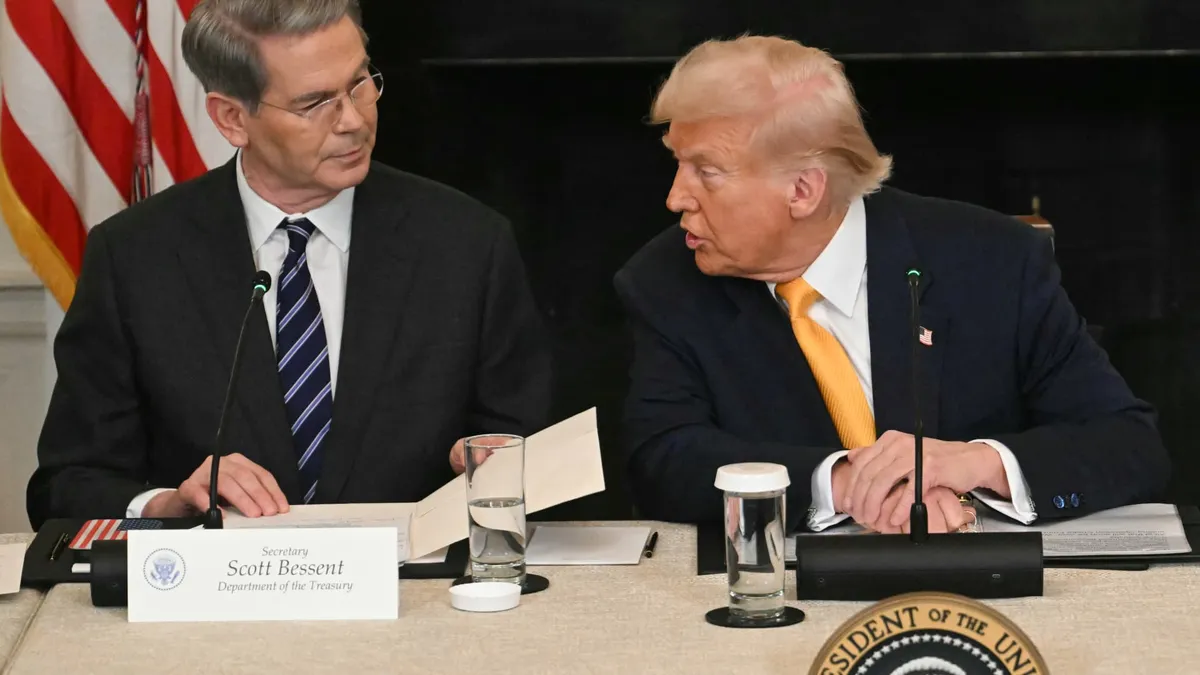
President Donald Trump made headlines on Friday as he indicated his willingness to lower tariffs on Chinese goods to 80% ahead of crucial trade talks. However, this proposed rate might still exceed the expectations of many investors and business leaders who are hoping for a more favorable outcome.
In a post on Truth Social, Trump stated, "80% Tariff on China seems right!" This announcement comes just as Treasury Secretary Scott Bessent is scheduled to engage in discussions with Chinese counterparts during meetings in Switzerland this weekend. An 80% tariff would mark a significant reduction from the current 145% tariff imposed on numerous Chinese imports, yet it remains a high barrier that could hinder trade relations.
To put this into perspective, the proposed 80% tariff is considerably greater than the 10% baseline tariff established in the recent U.S.-U.K. trade agreement announced on Thursday. It remains unclear whether Trump intends for the 80% rate to be a permanent fixture or simply a negotiating tactic in ongoing discussions.
In another post, Trump highlighted his optimism regarding upcoming trade agreements, stating, "Many Trade Deals in the hopper, all good (GREAT!) ones!" However, China has emerged as a significant obstacle in Trump's efforts to reshape the global trade landscape. Following his previously announced tariffs, which were partially paused on April 9, tensions between the White House and Beijing escalated, leading both nations to impose tariffs exceeding 100% on their respective goods.
China stands as one of the largest trading partners of the United States. In 2024, U.S. exports to China totaled $143.5 billion, while imports soared to $438.9 billion, according to the Office of the U.S. Trade Representative. These figures underscore the importance of maintaining a balanced trading relationship.
In a separate post on Friday morning, Trump urged, "CHINA SHOULD OPEN UP ITS MARKET TO USA — WOULD BE SO GOOD FOR THEM!!! CLOSED MARKETS DON'T WORK ANYMORE!!!" This call for open markets reflects his administration's ongoing push for trade reforms.
As the discussions in Switzerland unfold this weekend, they are not anticipated to yield a comprehensive trade deal. U.S. Trade Representative Jamieson Greer mentioned on Thursday during an appearance on Power Lunch that he aims for the negotiations to create a stable environment, laying the groundwork for future agreements.
Recent shipping data indicates a significant drop in the volume of goods flowing from China to the U.S., raising concerns about potential price increases or even shortages of certain products in the weeks ahead. As these trade talks progress, the implications for both nations and their economies remain to be seen.